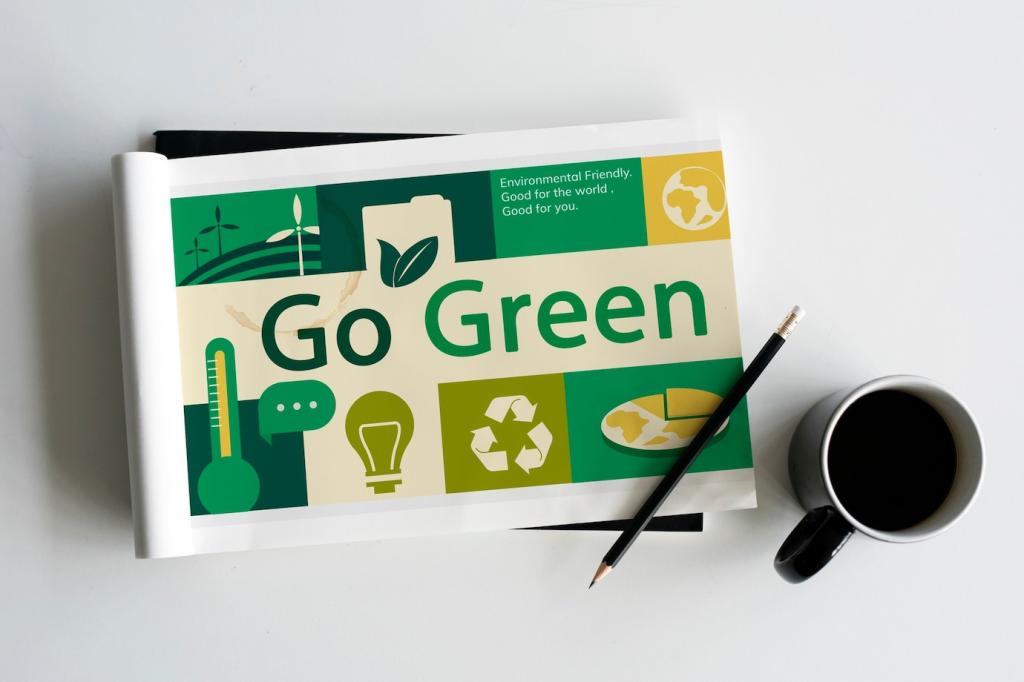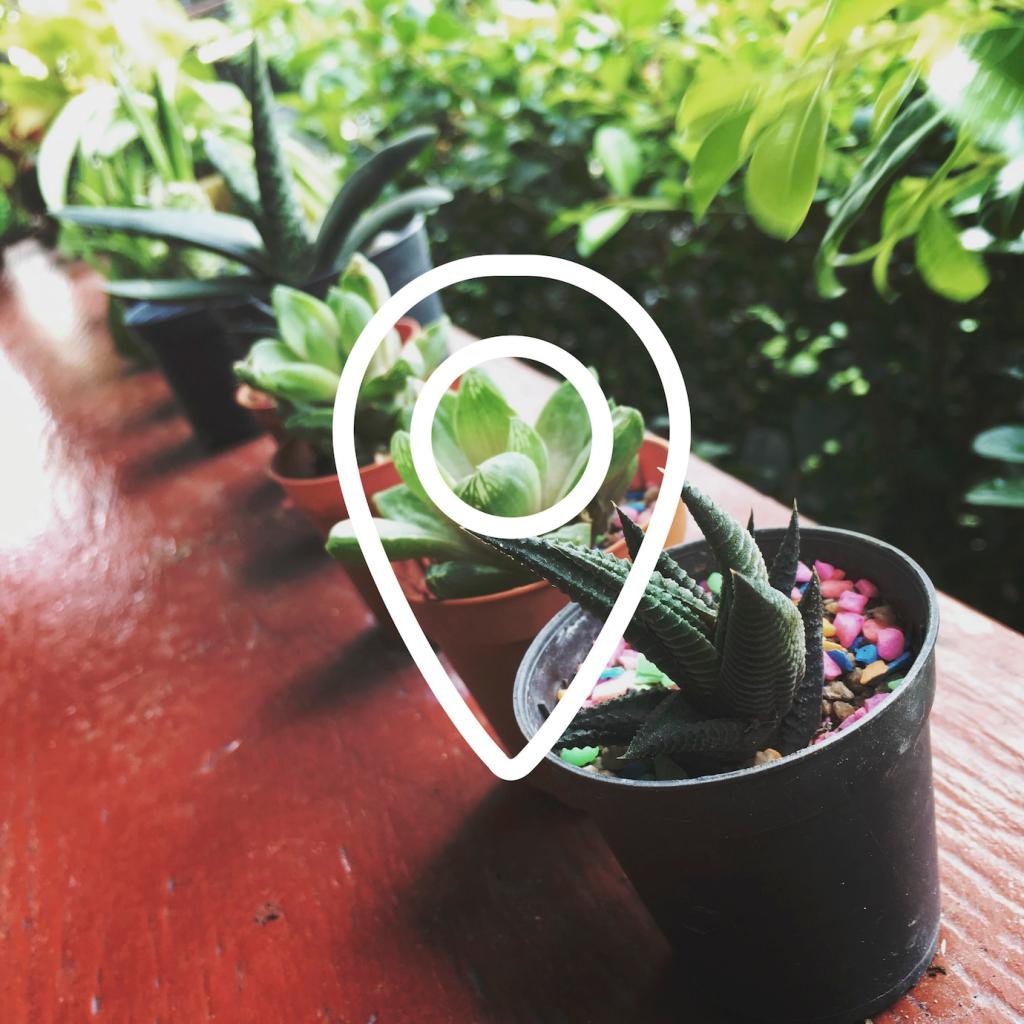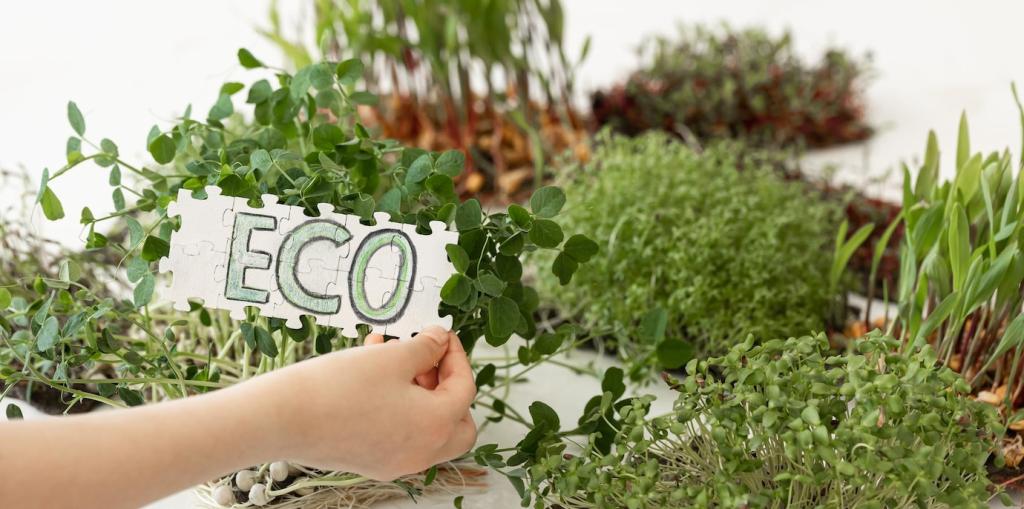Essential Guidelines for Sustainable Ecotourism Practices
Today’s chosen theme: Essential Guidelines for Sustainable Ecotourism Practices. Travel lightly, listen deeply, and help habitats thrive while communities benefit. Join the conversation, share your field wisdom, and subscribe for our next actionable guide.
The triple bottom line, simply put
Sustainable ecotourism balances environmental integrity, community wellbeing, and economic viability. Before booking, ask how your trip safeguards habitats, supports local livelihoods, and sustains operations without hidden harm.
Personal impact goals you can track
Choose one environmental, one community, and one learning goal per journey. Journal miles avoided, plastic refused, and local enterprises supported, then share your progress with our readers to inspire accountability.
A small change, a big ripple
On a cloud forest hike, our guide shortened a viewpoint detour to protect a rare nesting site. We lost one photo stop and gained a story about restraint shaping conservation success.



Leave No Trace Across Ecosystems
Bottle rings, tea tags, and snack crumbs attract animals and alter behavior. Carry a dedicated pocket for microtrash, sweep campsites by headlamp, and challenge friends to a playful, end-of-day litter count.
Leave No Trace Across Ecosystems
Stay on durable surfaces, even when shortcuts tempt. In alpine tundra, a single boot step can crush decades of growth; in dunes, off-trail prints invite erosion that storms then amplify.
Ethical Wildlife Encounters and Photography
Pinned ears, fluffed plumage, alarm calls, or frozen stares mean step back. Use binoculars and long lenses, and let behavior resume naturally before you even consider raising a camera.
Ethical Wildlife Encounters and Photography
Avoid playback, flash at night, or staging scenes with lures. Frame habitat, not just faces. Capturing context invites empathy and teaches followers why intact ecosystems matter.


Community Engagement and Fair Benefits
Choose locally owned stays and guides
Homestays, cooperatives, and Indigenous-led tours keep value in the community. Ask who owns the business, where food is sourced, and how decisions include residents, not only visitors.
Practice consent and cultural respect
Before photos, ask permission and honor a no. Learn greetings in the local language, tip fairly, and attend community-led briefings to understand sacred places and appropriate behavior.
Share skills without saviorism
Offer language practice, storytelling, or citizen science contributions only when invited. Partner with existing projects, credit local knowledge generously, and commit to follow-up support rather than one-off gestures.
Low-Carbon Itineraries and Smarter Transport
Link regional hubs by train or bus, condense trips into fewer, longer stays, and choose direct routes. A slower approach unlocks roadside conversations and landscapes you would otherwise fly over.
Low-Carbon Itineraries and Smarter Transport
Every kilogram matters. Choose multi-use layers, a compact water filter, solar charging, and durable reusables. Light packs reduce transport emissions and leave you more energy for curious, unhurried exploration.




Join our mailing list
